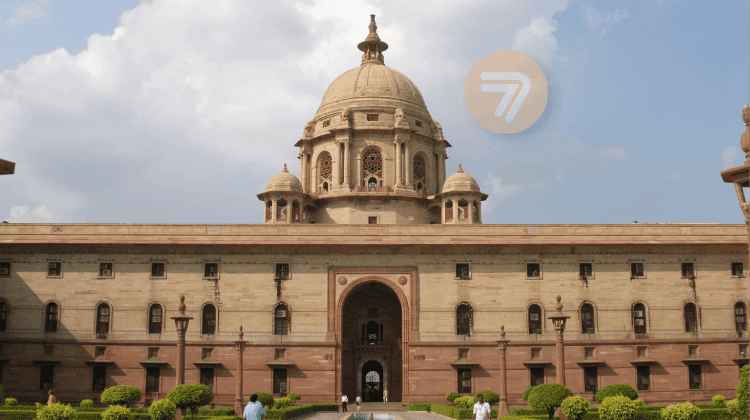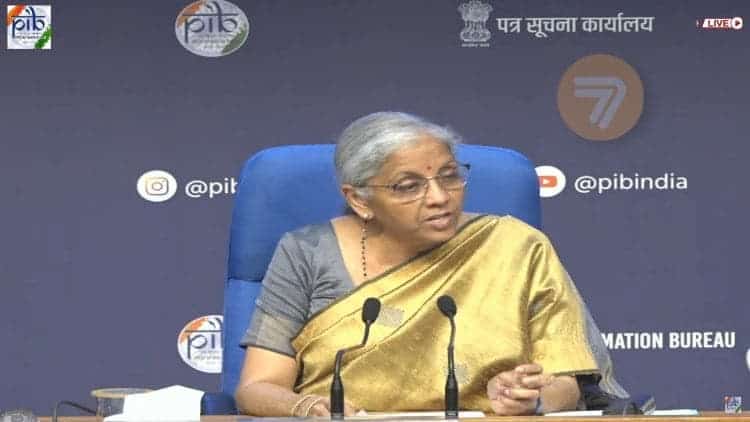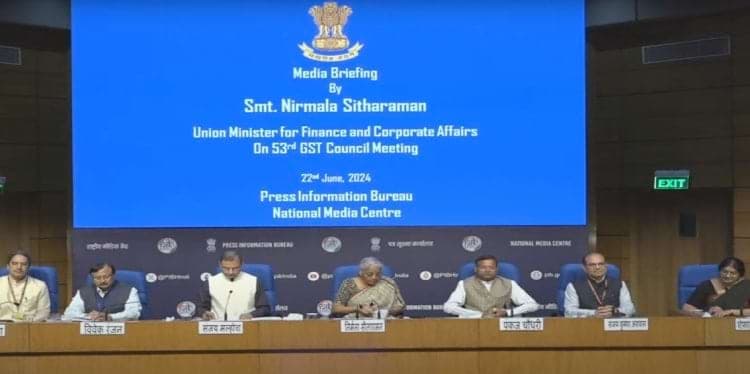Center Steps Back to Examine Online Gaming Regulation
03 Nov 2023
As we reported a month ago, the Central Government had started to realize it would not be ready to implement the regulation by SROs (Self-Regulatory Organizations) over online money gaming in India before the Finance, Home, Law, and other Ministries harmonize their views on the matter. Read more: Center Steps Back to Examine Online Gaming Regulation.
New Group of Ministers to Come In and Examine All Aspects
According to a senior government official quoted by the ET, the Central Government and the Indian online gaming industry have agreed that a special ministerial panel needs to be formed to study all related issues and oversee the whole regulation process.
“The work on creating an SRO (self-regulatory organization) is going on,” the anonymous high-level source from the government assured the media. “We are talking to the industry, but the overall consensus is to form a GoM to look into all the aspects of the online gaming sector.”
Members of the new Group of Ministers (GoM) will reportedly include Union Finance Minister Nirmala Sitharaman, Home Minister Amit Shah, IT Minister Ashwini Vaishnaw, and Information & Broadcasting Minister Anurag Thakur.
The Ministers in the panel will be assisted in their work by senior representatives from various relevant departments, including revenue, income tax, and the Department for Promotion of Industry and Internal Trade (DPIIT).
The industry has proposed a total of four SROs, but their eventual officialization is being delayed. The proposals include an entity by the All India Gaming Federation (AIGF), a cooperation by the E-Gaming Federation (EGF) and the Federation of Indian Fantasy Sports (FIFS), an application by the Esports Players Welfare Association (EPWA), and a proposal by the All India Gaming Regulator (AIGR) Foundation.
Center Steps Back to Examine Online Gaming Regulation | The GoM Has a Lot on Their Plate
The freshly formed Group of Ministers will have to quickly address a complex situation. Government agencies are demanding nearly ₹1 lakh crore ($12 billion) from the online gaming industry. In comparison, the entire sector was worth ₹13,600 crore ($1.7 billion) in FY21. It was expected to grow to ₹29,000 crore ($3.5 billion) by FY25, according to KPMG data.
Tax experts have been raising acute question. They have asked “Why was the government sleeping?” Years have passed since GST implementation in July 2017. Only until after the expiry of statues of limitations became pending they made their demands.
If the judiciary finds that the allegedly shot-fallen GST was indeed payable, it should have been paid by the players who were making the deposits on the online games. Instead, the money has gone to the prize pools distributed among winners and cannot be practically traced and returned.
Thus, the industry, as the responsible carrier of such an indirect levy, ended up receiving tax evasion notices. These notices were for amounts several times higher than their operating revenues for the last decade
As no government official can afford to waive such demands on behalf of the public exchequer. However practically absurd they may look. The new GoM will be navigating politically dangerous waters.
Moral and social considerations
The whole matter is further complicated by moral and social considerations related to the perceived nature of online gaming. As well as gambling, and betting. Which have been discussed by the GST Council and quoted by Union FM Sitharaman and Revenue Secretary Sanjay Malhotra.
For the time being, the Supreme Court has temporarily stayed the Karnataka High Court decision. This decision had relieved Gameskraft Technologies from a ₹21,000 crore show cause notice by GST Enforcement. The High Courts of Bombay and Sikkim have also frozen authority action against Delta Corp. These actions will remain on hold until the cases are heard and resolved.



